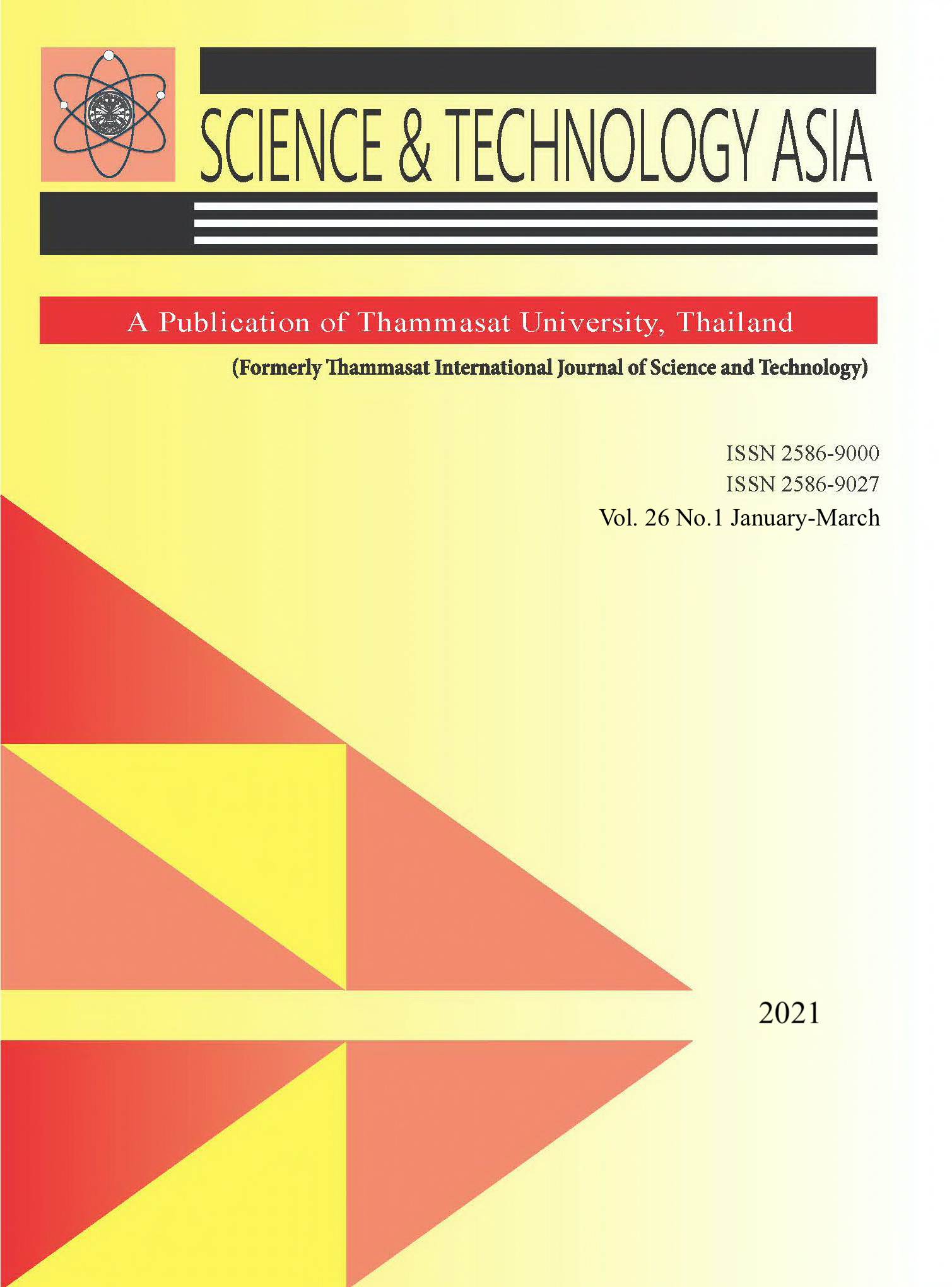Screening of Pb-Tolerant Plant Growth-Promoting Rhizobacteria from Roots of Pb-Excluder, Grown on Pb Contaminated Soil
Main Article Content
Abstract
Bacteria are microbes that can be used as natural tools for phytoremediation. The present study was conducted to discover a new species of Pb-tolerant siderophore producing and non-phosphate solubilizing rhizobacteria for phytostabilization. In this study, a Pb-phytostabilizer (Pityrogramma calomelanos) rhizobacterium, grown on Pb contaminated soil, was isolated and characterized genotypically and phenotypically. No isolate diversity was found in a harsh environment containing high, total and extractable Pb concentrations up to 45500 and 621 mg/kg, respectively. Only the S3 isolate was found and selected. This rhizobacterial isolate showed remarkable Pb tolerance up to 1850 mg/L. Moreover, it produced siderophores and could not solubilize phosphate. Interestingly, these properties support the immobilization of Pb. This isolate was identified as a strain that is closely related to Arthrobacter humicola by partial 16S rRNA gene analysis. To the best of our knowledge, this is the first study proposing a new candidate, A. humicola, for assisting in Pb phytostabilization. The potential use of this rhizobacterial candidate should be further investigated, using a pot experiment.


